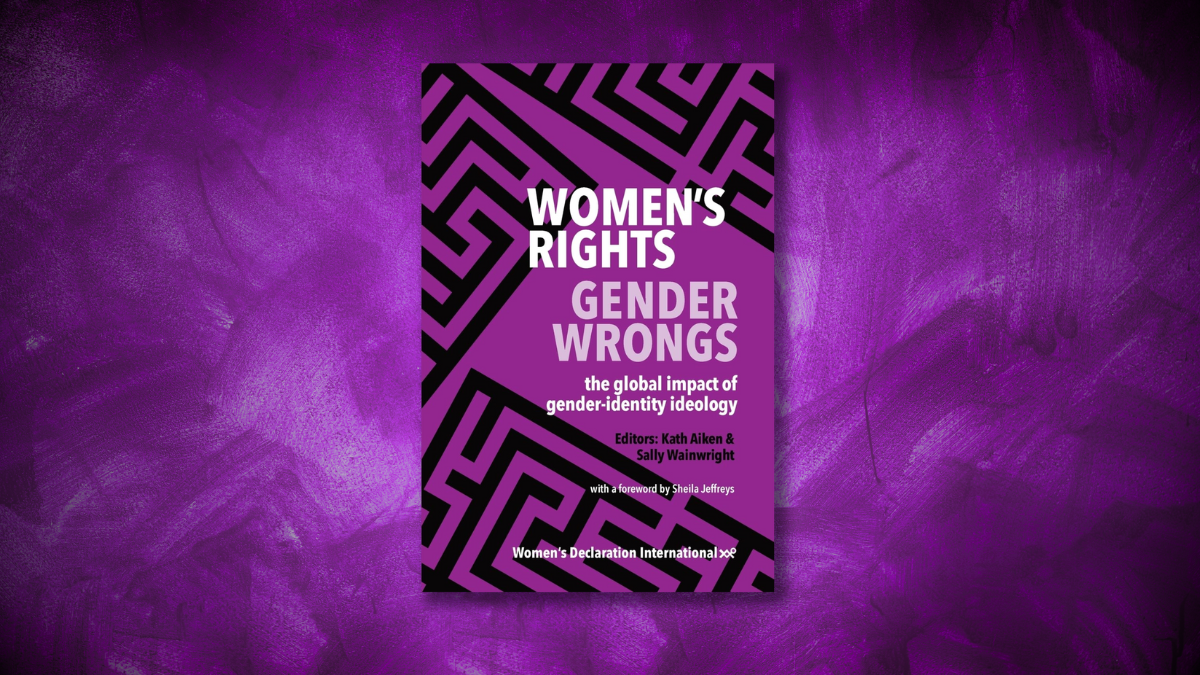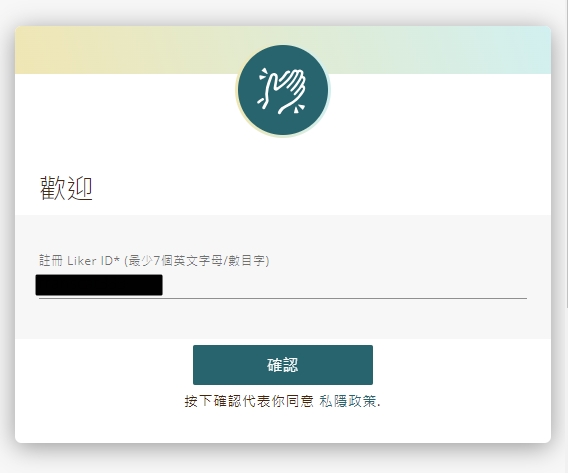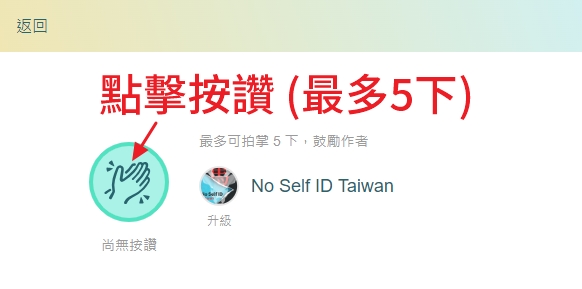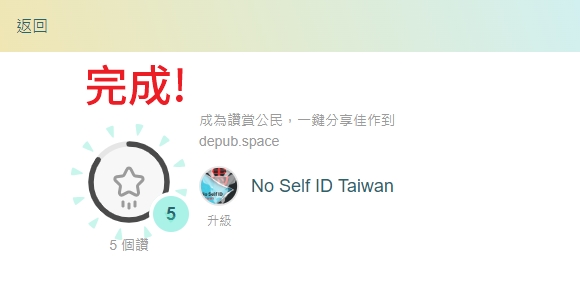
First international book on gender ideology warns of ‘serious global threat’ to women
Friday 13 October 2023
- World-first book on global impact of gender ideology to be launched in Scotland
- Reports from 35 countries including Australia, Taiwan, Iceland, South Korea, Slovenia, Scotland, Germany and Panama’s universal failure of governments to protect women’s rights
- Contributions from 28 international authors highlight common issues of sexual violence faced by female prisoners, laws preventing lesbians from excluding biological males, and the misuse of data and language
A new book exploring the global impact of gender-identity ideology on the lives of women and children, featuring 28 writers from around the world including Brazil, Canada, Australia, Japan, Angola and Iceland, will be launched tonight in Glasgow.
Published by Women’s Declaration International (WDI) and titled Women’s Rights, Gender Wrongs: the global spread of gender-identity ideology, it is the first book to take a truly global perspective on the growth of gender-identity ideology and how its impact goes far beyond western countries.
Edited by Sally Wainwright and Kath Aiken, the book discusses how gender ideology has impacted life for lesbians in Angola, the collection and misuse of data in Brazil, the experience of female prisoners housed with trans-identified men in Canada, and how a grassroots feminist resistance is building in Japan.
In the Australian state of Tasmania, it is illegal for lesbian events to exclude biological males while in Iceland, the City of Reykjavik contested a legal ruling that it must provide single-sex toilets. In Canada, a women prisoner and survivor of childhood sexual abuse endured weeks of repeated rapes by a male prisoner incarcerated with her, while in Brazil the Tribunal Superior Eleitoral ruled that affirmative policies intended to assure women’s participation in politics apply on the basis of ‘gender’ rather than ‘sex’.
Feminist academic Sheila Jeffreys, a director of WDI, said, “In the last decade, women’s rights have come under a serious global threat from the replacement of the category of sex by the notion of ‘gender’.
“People are fast waking up to the dangers of gender ideology within their own countries, but may not be aware of the extent to which it has captured much of the rest of the world. This landmark book provides that critical global perspective and will be a sobering but important read for anyone who wants to understand what is happening internationally.
“Never have the dangers for women that will occur if we are not successful in fighting back against gender-identity ideology been more clear.”
The book also includes 35 country reports which detail progress and setbacks for women’s sex-based rights. They cover countries as diverse both geographically and politically as Australia, Taiwan, Iceland, South Korea, Slovenia, Scotland, Germany and Panama.
The country reports show a universal failure of governments across the world to promote and protect equal rights for women, and an eagerness in many cases to give existing rights away to men who declare themselves to be women. In many of the countries featured, women face the threat of gender ideology compounded with existing widespread misogyny and discrimination in relation to employment, political participation, and sports.
Having reviewed the book, Kathleen Stock said, “This is a stunning piece of work, providing a meticulously researched, jaw-dropping snapshot of the global effects of gender-identity ideology on women’s rights.
“Due to the political climate, this kind of work could not have been done in universities - but is no less rigorous for that. Never has it been so clear how the influence of postmodern theorists, making up reality as they go along and insulated from the worst effects of their own constructions, has hurt women.”
Women’s Rights, Gender Wrongs discusses ways in which both language and data have been distorted, making it more difficult to describe women’s situation. In a significant number of cases some, if not all, official statistics conflate ‘sex’ and ‘gender’. In Scotland, for example, the 2022 Census allowed people to choose which ‘sex’ they were recorded as.
The Scottish Government has also simultaneously asserted that a gender-recognition certificate changes a man’s sex regarding the protected characteristic of ‘gender reassignment’ in the Equality Act 2010, while arguing that making gender-recognition certificates more widely available to any man who wants one does would not affect the protected category of sex in the Equality Act 2010.
In some countries it is possible for fathers to be recorded as ‘mother’ on a child’s birth certificate or mothers as ‘fathers’. In New Zealand, the official data agency, Statistics NZ, has made ‘gender’ the default for data collection in place of ‘sex’. Gender identity ideologues’ misuse of the word ‘woman’ to include men who declare themselves to be one, means that any discussion of women’s rights, resources or provision now has to start with a clarification of what is meant by the word ‘woman’ in that context.
WDI is self-publishing Women’s Rights, Gender Wrongs, and copies can be ordered on-demand by contacting any bookseller worldwide.
Contact
To arrange interviews with anyone quoted in the press release or contributing authors, attend the book launch in Glasgow on Friday evening, or for further information, quotes and review copies of the book, contact Taiwan WDI contact and contributing author to the book, Jaclynn Joseph at [email protected]
About Women’s Declaration International
Women’s Declaration International (WDI) is a group of volunteer women from across the globe dedicated to protecting women’s sex-based rights. Its volunteers include academics, writers, organisers, activists, and health practitioners. The Declaration on Women’s Sex Based Rights was created to build international sisterhood and to urge nations to maintain language protecting women and girls on the basis of sex rather than ‘gender’ or ‘gender identity’. It has been signed by around 37,000 people and 517 organisations from 160 countries.
Website: https://www.womensdeclaration.com
Twitter: https://twitter.com/DeclarationOn
About The Declaration on Women’s Sex-Based Rights.
The Declaration is based on rights first detailed in the UN treaty, CEDAW (Convention of All Forms of Discrimination Against Women). This is sometimes described as a Bill of Rights for Women and is the only human rights treaty to affirm the reproductive rights of women and to target culture and tradition as influential forces shaping gender roles and family relations.
In summary, the nine articles of the Women’s Declaration reaffirm:
- Women’s rights are based on their sex
- Motherhood is an exclusively female status
- The right of women and girls to physical and reproductive integrity
- Women’s rights to freedom of opinion and expression
- Women’s rights to peaceful assembly and association
- Women’s rights to full political participation
- Women’s rights to participation in sports and physical education
- The need for the elimination of violence against women
- The need for the protection of the rights of the child.
Full details are available on the WDI website
Additional information about Women’s Rights, Gender Wrongs.
Some other specific issues covered in the book include:
~ Women’s Reproductive and Bodily Autonomy
Women in many countries are denied reproductive autonomy through lack of access to contraception and abortion. There are often barriers to obtaining these, such as poverty or lack of local provision, even where they are theoretically available. A chapter on Reproductive Extractivism discusses how Latin American women’s reproductive capacity has been exploited by a thriving reproductive industry, and the urgent need to regulate surrogacy. Other contributors report that, even where surrogacy is outlawed, their governments nevertheless turn a blind eye to citizens travelling abroad to purchase a surrogate baby.
Another chapter considers the political movement which promotes sex self-ID and that which promotes ‘prostitution as sex work’ and argues that both are based on the sexual objectification of women and contribute to women’s oppression and subordination.
~ Protection of Children
Although in general, girls have the same right to education as their brothers, in practice they are often unable to access it, especially in poorer communities, where girls might be expected to stay home to undertake domestic chores, or become pregnant or are forced into underage marriage.
Gender-identity ideology is promoted to both primary and secondary school children around the world. In France it is legal for healthy girls to have a double mastectomy at 16. In many countries children are allowed - even encouraged - to socially transition, with schools sometimes participating in this process behind parents’ backs.
~ Male Violence Against Women
High levels of femicide, sexual and other violence against women were reported. In Puerto Rico, after the Covid-lockdown, it increased to such an extent that the government declared a 17-month state of emergency in relation to gender-based violence. Whilst in South Africa, an unfounded belief that sex with a virgin will cure HIV/AIDS has led the country to becoming known as ‘the rape capital of the world’. Elsewhere women are widely trafficked or subjected to underage or forced marriages, even where they are illegal.
Where they exist, specialist services for women who have been subjected to male violence are increasingly open to biological men, both as service users and staff.
Comment from the Editor
Sally Wainwright, joint editor said, “Despite the fact that CEDAW clearly laid out women’s sex-based rights more than 40 years ago, progress has been extremely slow, and is now in danger of going backwards. Every one of the countries covered by the Country Reports is a CEDAW signatory yet in some countries, women’s rights have barely changed in that time. Elsewhere, rights which women were beginning to believe were well established are being decimated by the march of a misogynist and homophobic gender-identity ideology. In some cases, new laws are creating competing rights which can criminalise women who seek to exercise their rights. Data and language are both being misused and distorted to make women, if not invisible, extremely difficult to discuss accurately.
“In the worst cases, countries in which women already had very few rights are also seeing them further diminished by gender-identity ideology. Women’s Rights, Gender Wrongs shines a light on the extent to which this is happening globally.”




